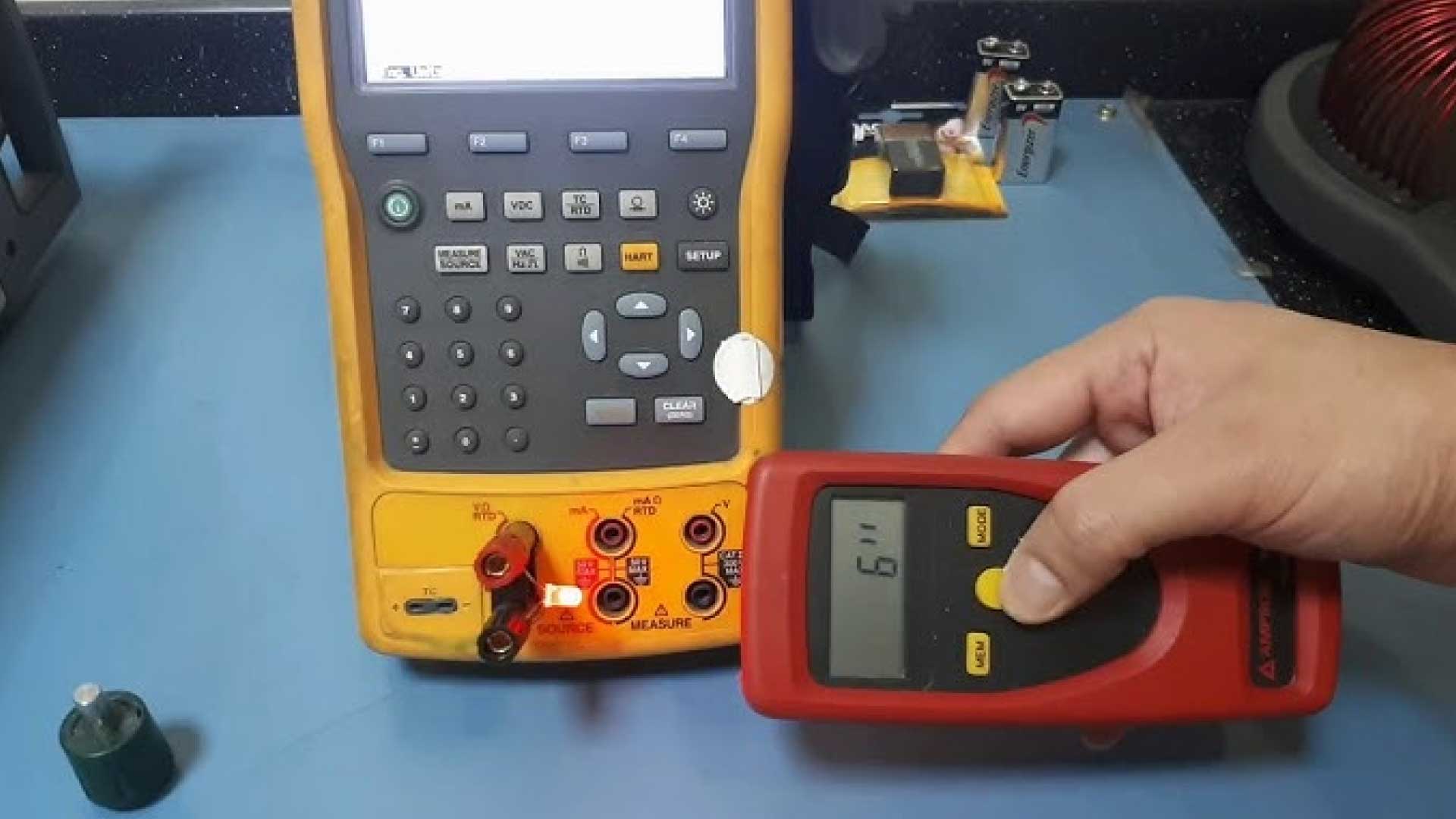
Tachometer Calibration in Bangladesh
Tachometers are essential instruments used across industries to measure the rotational speed of machinery. Accurate tachometer readings are critical for maintaining machinery efficiency, safety, and productivity. However, like any precision instrument, tachometers can drift over time due to wear, environmental conditions, and frequent use. This is why tachometer calibration in Bangladesh has become a necessity for industries aiming to ensure accurate and reliable measurements.
Why Tachometer Calibration is Crucial
Calibration is the process of comparing a measuring instrument with a standard to identify and correct deviations. For tachometers, proper calibration guarantees that the RPM (revolutions per minute) readings are accurate, preventing errors that could lead to machine damage, production downtime, or safety hazards.
Industries like manufacturing, power generation, automotive, and aerospace rely heavily on precise rotational measurements. Even a small discrepancy in tachometer readings can affect machinery performance and lead to costly repairs. Regular calibration ensures compliance with industry standards, enhances operational efficiency, and extends the lifespan of the equipment.
Tachometer Calibration Process
The tachometer calibration process typically involves:
-
Initial Inspection: The instrument is checked for physical damage or signs of wear.
-
Reference Comparison: The tachometer reading is compared with a calibrated reference standard.
-
Adjustment: Any deviation is corrected according to manufacturer specifications.
-
Documentation: A calibration certificate is issued, detailing the instrument’s accuracy and calibration date.
Calibration can be done on-site or in a laboratory setting. On-site calibration is convenient for large or fixed machinery, whereas laboratory calibration provides highly controlled conditions for maximum precision.
Common Types of Tachometers
Understanding the type of tachometer is important for calibration:
-
Analog Tachometers: Mechanical devices with a dial indicator.
-
Digital Tachometers: Electronic devices providing numerical RPM readings.
-
Contact Tachometers: Require physical contact with the rotating component.
-
Non-Contact Tachometers: Use laser or optical sensors to measure rotation.
Each type requires specific calibration techniques, which is why it is essential to rely on experienced professionals who understand the intricacies of each instrument.
Benefits of Professional Tachometer Calibration in Bangladesh
-
Accuracy and Reliability: Properly calibrated tachometers ensure precise measurements, reducing errors in industrial processes.
-
Regulatory Compliance: Many industries must adhere to ISO and other local standards, which require regular calibration.
-
Cost Efficiency: Prevents machinery damage and production losses caused by inaccurate readings.
-
Extended Equipment Life: Regular calibration minimizes wear and tear, ensuring the instrument functions optimally.
Why Choose Pico Labs Ltd. for Tachometer Calibration
At Pico Labs Ltd., we specialize in providing high-quality calibration services tailored to meet industrial needs across Bangladesh. Our state-of-the-art calibration laboratory is equipped with the latest instruments and reference standards to ensure accurate tachometer calibration.
With years of experience serving clients in manufacturing, energy, and automotive sectors, Pico Labs Ltd. guarantees precise calibration, detailed reporting, and excellent customer service. We also provide on-site calibration services for convenience and minimal downtime, helping your operations stay efficient and compliant.
Promotional Line:
"Pico Labs Ltd. – Your trusted partner in ensuring accurate measurements and maintaining industrial efficiency with expert tachometer calibration in Bangladesh."
Industries That Benefit from Tachometer Calibration
-
Power & Energy: Monitoring turbine and generator speeds for optimal performance.
-
Manufacturing: Ensuring motors and conveyors operate at precise speeds.
-
Automotive: Maintaining engine testing equipment and production machinery.
-
Aerospace: Critical calibration for rotary components and testing rigs.
By keeping tachometers calibrated, these industries avoid costly downtime, maintain safety standards, and improve overall productivity.
How Often Should Tachometers Be Calibrated?
The calibration frequency depends on usage, operating conditions, and manufacturer recommendations. Typically, tachometers used in high-stress or critical applications should be calibrated every 6–12 months. Instruments in less demanding environments can follow an annual calibration schedule. Regular calibration ensures consistent performance and avoids sudden errors.
Tachometer calibration is not just a technical procedure; it is a vital step for ensuring accuracy, safety, and operational efficiency in industrial environments. In Bangladesh, businesses that invest in professional calibration services benefit from reduced downtime, compliance with standards, and long-term cost savings.
With Pico Labs Ltd., industries can rely on expert tachometer calibration services that deliver precision, reliability, and peace of mind. Ensure your instruments are always accurate and your operations run smoothly with our professional calibration solutions.
